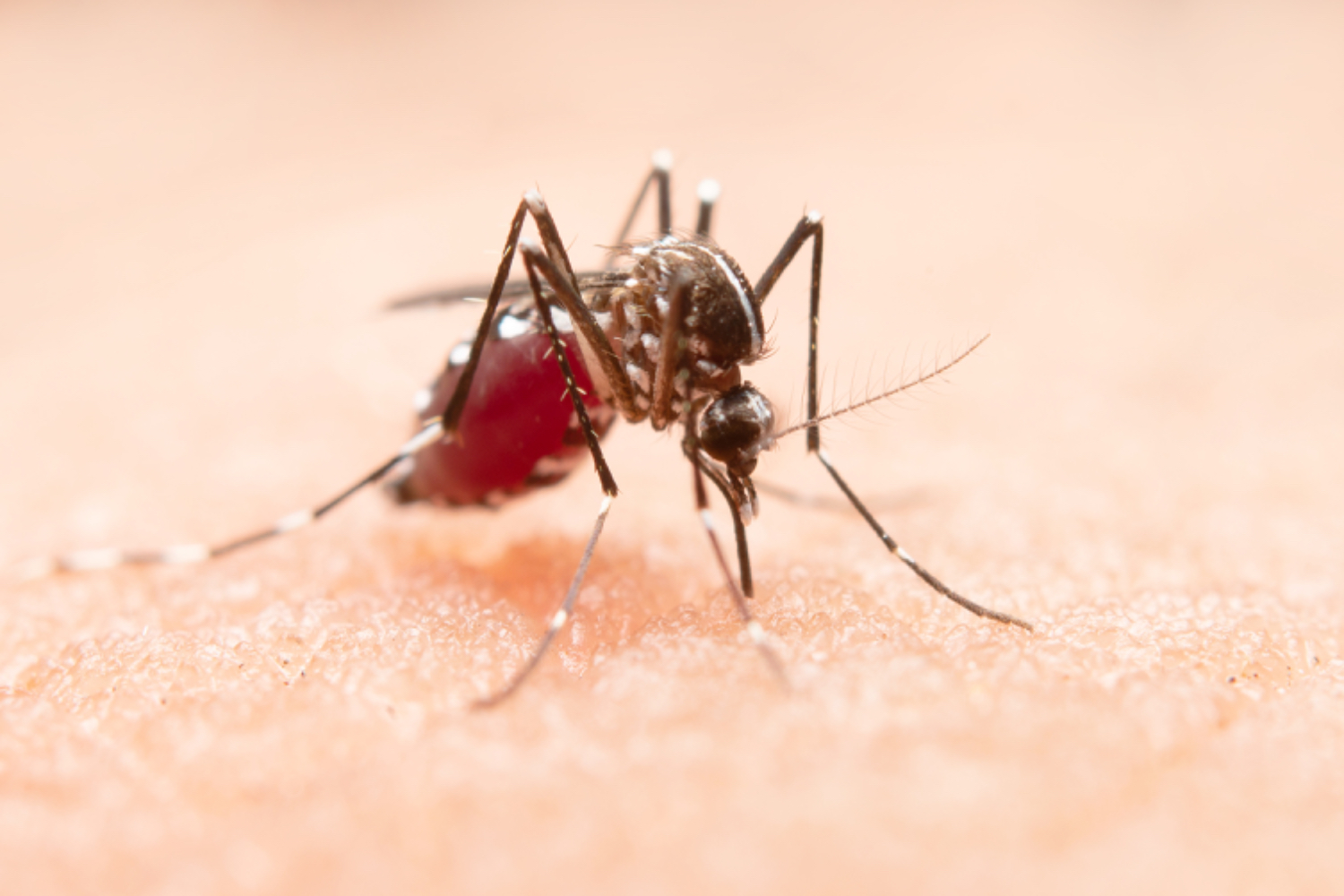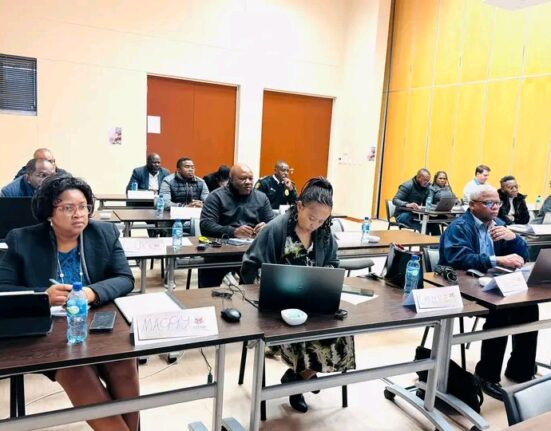Namibia is grappling with a significant increase in malaria cases, particularly in its northern and northeastern regions. By 15 December 2024, the country had recorded 2,210 malaria cases, with 265 severe cases requiring hospital admissions and 9 deaths during Epidemiological Week 50 (4 November to 15 December 2024).
Affected Areas
At least 16 malaria-endemic districts have surpassed the epidemic threshold and are experiencing outbreaks, with the most severely affected districts being:
• Eenhana: 661 cases (30% of the total)
• Okongo: 336 cases (15% of the total)
Other districts impacted include Outapi, Engela, Nkurenkuru, Oshikuku, Omuthiya, Oshakati, Onandjokwe, Tsumeb, Rundu, Okahao, Tsandi, Ncamagoro, Nyangana, and Andara.
Seasonal Trends and Risks
Namibia typically experiences seasonal malaria transmission from December through April, coinciding with the rainy season. The Ministry of Health and Social Services anticipates a further rise in cases during this period due to favorable conditions for mosquito breeding.
Symptoms of Malaria
Malaria is a parasitic infection transmitted by the bite of an infected Anopheles mosquito. Early detection and treatment are critical, as delays can result in severe complications or death.
Symptoms include:
• Fever (primary symptom)
• Headache
• Muscle or joint pain
• Chills and sweating
• Fatigue
• Nausea and vomiting
Preventative Measures
The Ministry of Health and Social Services has ramped up efforts to control the outbreak through indoor residual spraying (IRS) with approved insecticides and the distribution of insecticide-treated mosquito nets to targeted communities. Individuals are urged to take the following precautions:
1. Use insect repellents.
2. Sleep under mosquito nets, particularly treated ones.
3. Wear long-sleeved clothing, especially in the evening.
4. Clear standing water around homes to prevent mosquito breeding.
Call to Action
The Ministry urges all Namibians, especially those in or traveling to the affected regions, to remain vigilant and take proactive steps to prevent infections. Health authorities recommend seeking immediate medical attention at the onset of symptoms to ensure timely treatment and prevent severe outcomes.
The Ministry is committed to working with local communities to curb the spread of the disease and safeguard public health. Let’s all do our part to fight malaria and protect lives.













